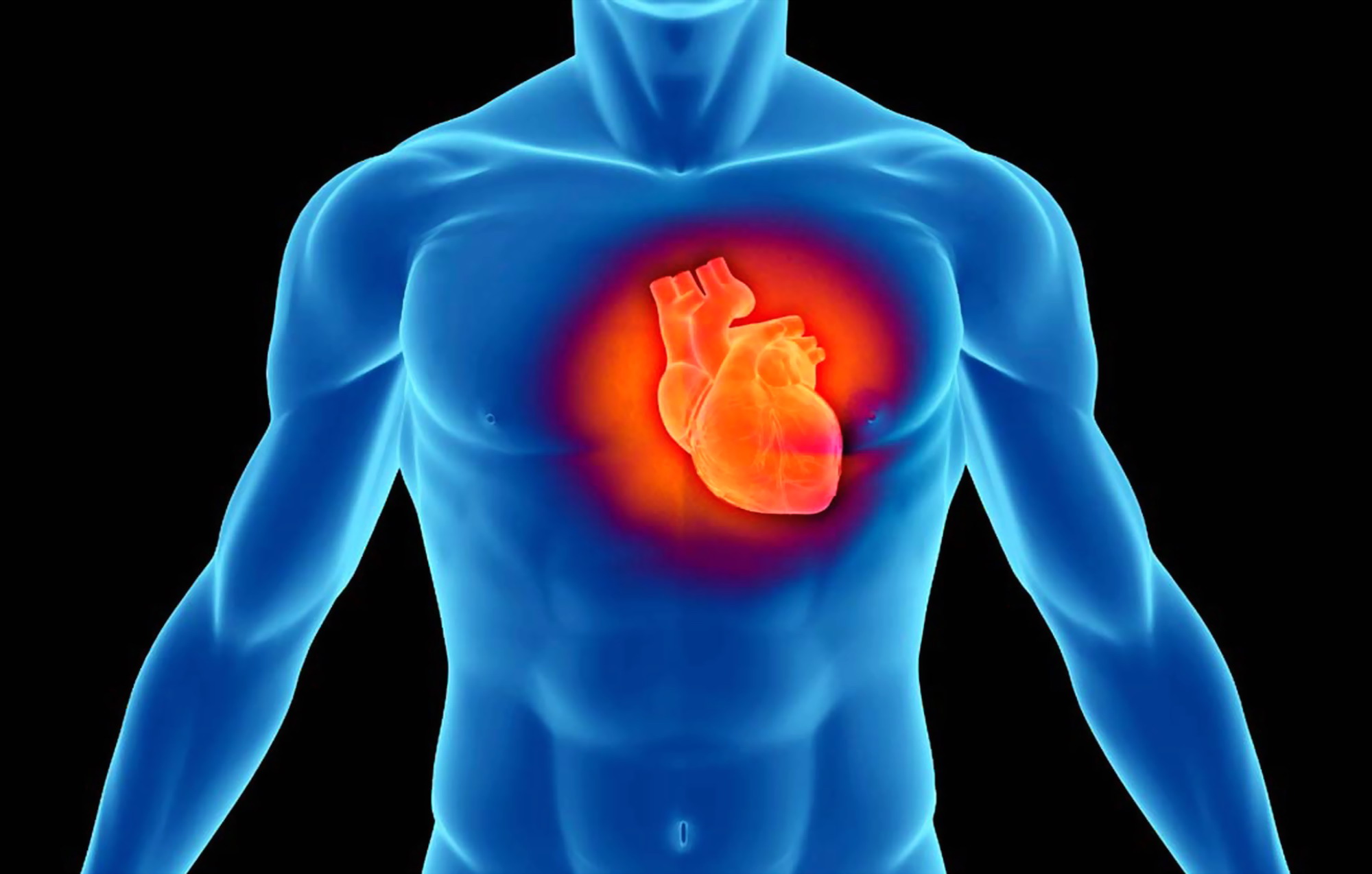
Inflammations of the heart: what are the causes of pericarditis?
Pericarditis is an inflammation of the pericardium, the membrane that protects and lines the heart, which is more common in men than women
Pericarditis: what is it?
Pericarditis is an inflammation of the structure that covers and protects the heart, the pericardium.
The pericardium is made up of two membranes, separated by a thin layer of fluid.
When pericarditis develops, the two membranes become inflamed and the amount of fluid present may increase (pericardial effusion).
A large and rapid effusion may impede the proper filling of the heart cavities, causing what we call ‘cardiac tamponade’ and which must be treated promptly by draining the excess fluid.
More rarely, inflammation can lead to constrictive pericarditis, which occurs as a result of a thickening and stiffening of the pericardium so that the heart cannot expand properly.
The most common causes of pericarditis
Pericarditis is usually caused by a viral infection and, more rarely, by bacteria or other pathogens.
It can also be related to diseases such as cancer, kidney failure and autoimmune diseases, such as systemic lupus erythematosus (SLE).
There are also several drugs that can cause pericarditis, including antineoplastics and antibiotics.
Radiation treatments involving the heart should also be considered.
Pericarditis can also occur as a result of surgery in which the pericardium is cut, which is common in cardiac surgery. In fact, injury to the pericardium can trigger an autoimmune reaction.
The appropriate treatment is assessed by the specialist depending on the cause of the pericarditis, i.e. whether it is infectious or not.
ECG EQUIPMENT? VISIT THE ZOLL BOOTH AT EMERGENCY EXPO
Symptoms of pericarditis
Chest pain is the most common symptom of acute pericarditis.
The area in which the pain is triggered is partly the same as that associated with infarction, but the two pains have different characteristics: the pain caused by pericarditis tends to change with breathing or coughing, and to worsen in the supine position.
What happens in case of pericarditis?
If the inflammation leads to a rapid accumulation of a large amount of fluid in the pericardial sac, the risk is that the heart will be compressed and, unable to fill with blood, will develop cardiac tamponade, which is a medical emergency.
When, on the other hand, fluid slowly accumulates or inflammation causes the pericardium to thicken and stiffen, the heart is unable to expand adequately but does not experience the dramatic urgency of cardiac tamponade.
It is rare for pericarditis to become chronic, but it can recur even if the inflammation is resolved (recurrent p.).
Pericarditis: possible treatments
When the clinical presentation is suspicious for a specific aetiology, such as exposure to p.-associated drugs or systems suspected systemic autoimmune disease, this should be investigated and possibly treated.
In other cases, including those of suspected viral aetiology, the first-line therapy is non-steroidal anti-inflammatory drugs (NSAIDs), the most common of which is acetylsalicylic acid or ibuprofen, given for 2-4 weeks without any indication of further investigation into the cause of the pericarditis.
This is combined with colchicine to reduce the risk of recurrence for 3 months.
Patients usually respond quickly to the therapy and symptoms resolve within a few days.
However, if there is no response to the combination of NSAIDs and colchicine, or if there is a contraindication to NSAIDs, corticosteroids, again combined with colchicine, are the second-line therapy.
Corticosteroids can promote relapses and chronicity of the disease, which is why they are considered second-line drugs
In cases where long-term therapy with high doses of corticosteroids is necessary to prevent reactivation of pericarditis, other drugs may be used, such as azathioprine, intravenous immunoglobulins (which have both immunomodulatory and antiviral effects) and anakinra, an antagonist of the interleukin 1b receptor, a major mediator of the inflammatory response.
Subjects with pericarditis are advised to abstain from non-competitive sports activities until symptoms resolve and inflammatory indices normalise, and from competitive sports activities for 3 months after the onset of symptoms.
Read Also:
Do You Have Episodes Of Sudden Tachycardia? You May Suffer From Wolff-Parkinson-White Syndrome (WPW)
Knowing Thrombosis To Intervene On The Blood Clot


